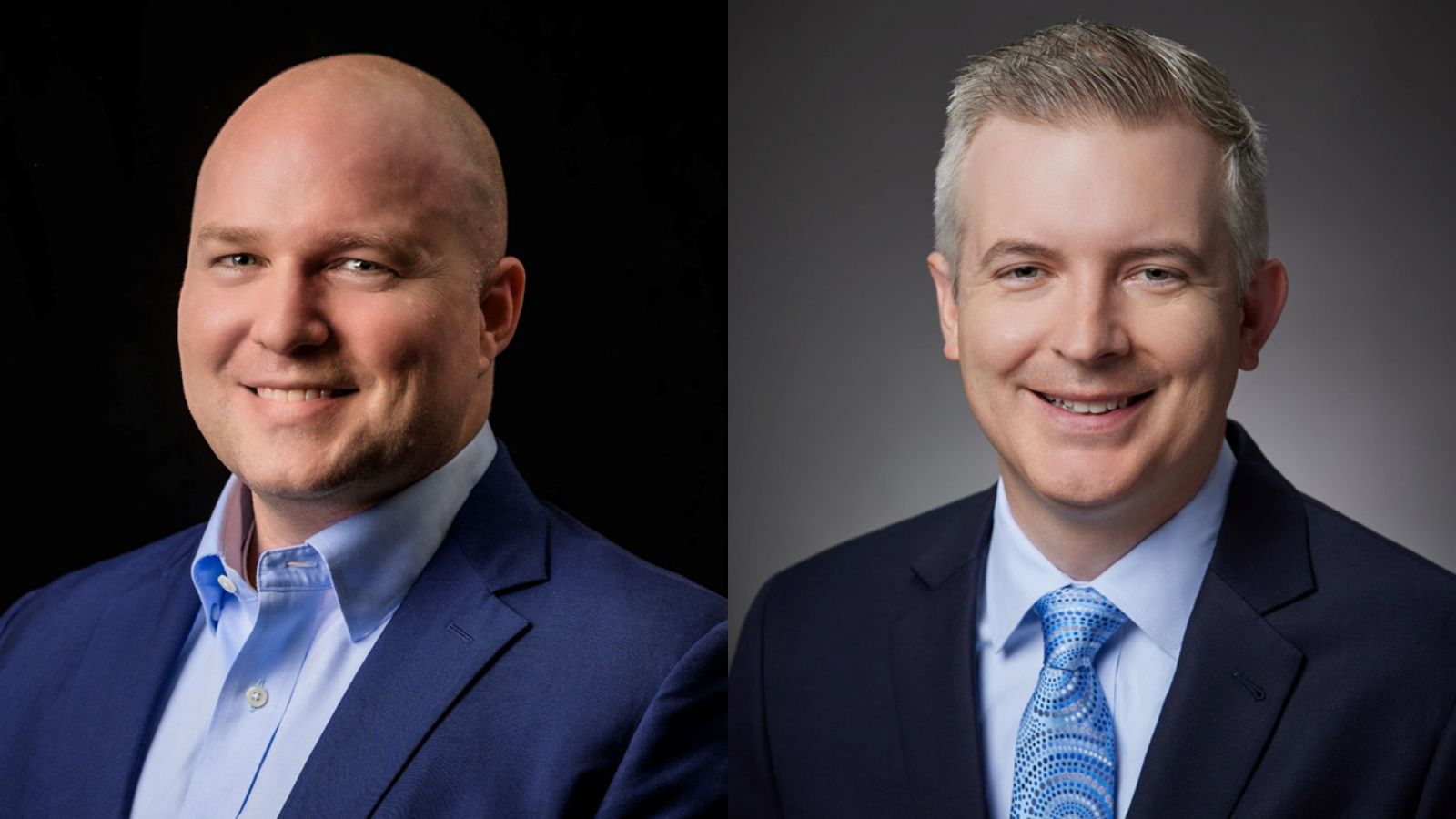Two Rice engineering alumni, Bryan Hassin and Chris Powers, have been named to the school’s Engineering Advisory Board (EAB), effective July 1.
“Rice engineers have a tradition of service to the school and to the greater community. Bryan and Chris remind us of the critical role engineering plays in the world and how important it is that we develop solutions placing people and the environment at the center,” said Luay Nakhleh, the William and Stephanie Sick Dean of the George R. Brown School of Engineering.
EAB members serve as advisers to the dean, bringing experience and expertise to help advance engineering. They are appointed to two- or three-year terms by the engineering dean in consultation with already-seated board members.
Hassin earned B.S. degrees in computer science (CS) and electrical engineering in 2001, and a master’s degree in CS the following year. Powers graduated with a B.S. in chemical engineering in 2002.
Hassin is CEO of DexMat, a Houston-based carbon nanotube startup born at Rice and built on patents by the late Nobel Prize-winner and chemist at Rice, Rick Smalley, and Matteo Pasquali, the startup’s founder and chief science adviser. Pasquali is the A. J. Hartsook Professor of Chemical and Biomolecular Engineering and director of Carbon Hub at Rice.
DexMat has received more than $20 million in funding in the form of grants from two U.S. Air Force research agencies, the U.S. Department of Energy, NASA, the National Science Foundation and Advanced Functional Fabrics of America. Earlier in his career, Hassin was co-founder and CEO of Third Derivative, the world's largest climatetech innovation ecosystem.
Hassin previously served as president of the Association of Rice Alumni and Rice Engineering Alumni. Hassin has mentored or advised more than 250 students, faculty, and alumni at Rice. He has received the School of Engineering Outstanding Alumni Award.
Powers is vice president of Carbon Capture, Utilization and Storage (CCUS), part of the Chevron New Energies organization, and is responsible for Chevron’s global CCUS business. In his 21 years at Chevron, Powers has held business and technical leadership positions in Kazakhstan, Thailand, California, Louisiana, Mississippi and Texas.
Powers serves as the Chevron executive sponsor for the Chevron/Rice University relationship. Chevron remains a source of support on campus and in the City of Houston, funding initiatives at Rice that range from tracking disaster recovery efforts to providing equipment for energy education.
Chevron’s investments, in addition to being important recruiting efforts, help train the next generation of researchers, entrepreneurs and leaders of the energy transition.
Powers is chair of the Rice Department of Chemical Engineering External Advisory Board and previously served on the Rice Engineering Alumni Board.
“Bryan and Chris,” Nakhleh said, “bring with them work experience in energy and sustainability, one of our three pillars of transformational research. They will help leverage our strengths to address some of the global challenges we all face.”

